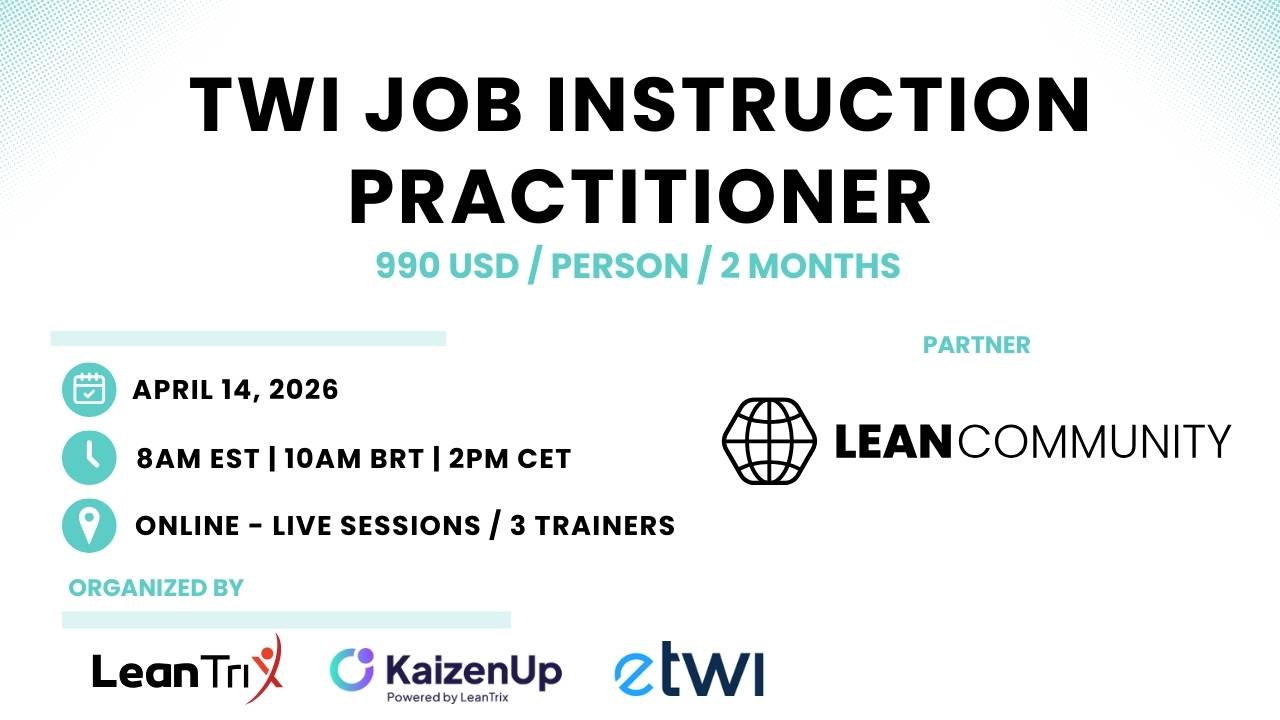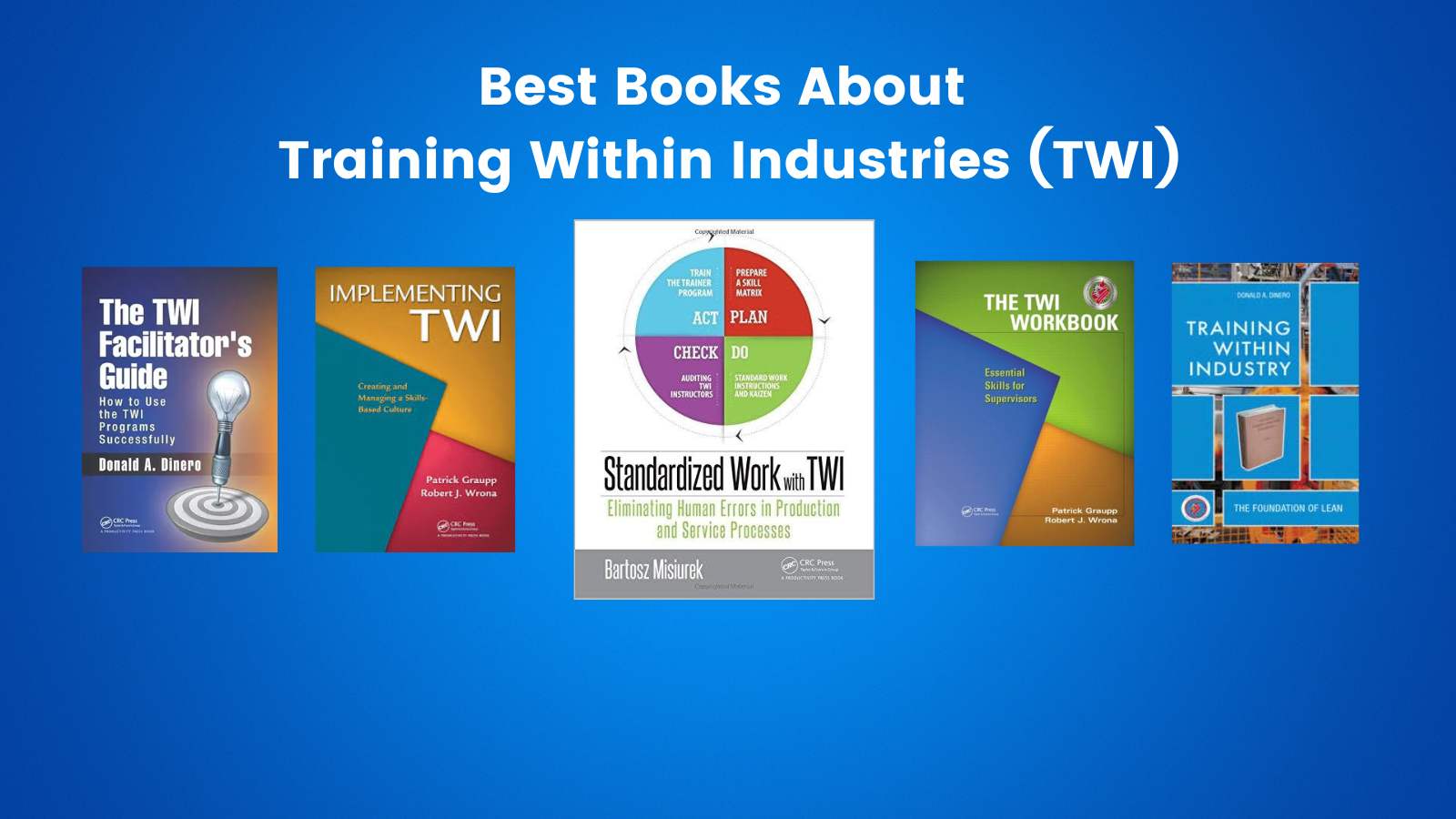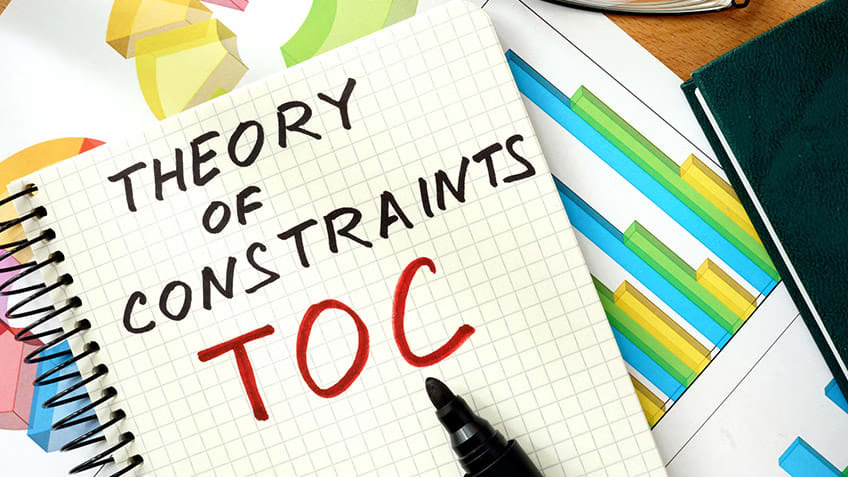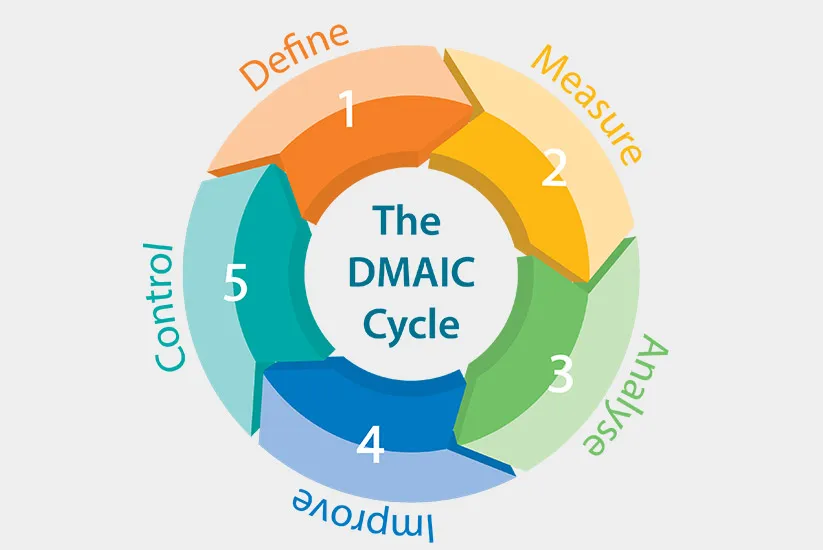Lean thinking – everyday efficiency. Recently, I’ve been very interested in aspects of Lean in daily life. It’s a philosophy and a way of thinking that accompanies us every day. We don’t always call it smart rules, it’s just in us. For example, when creating a shopping list, do we think of it as a checklist, or when planning a longer trip, do we consider it a project? Usually not, but it’s natural. However, we are not always effective, and that’s what this article is about.
Table of Contents
ToggleLean Thinking – Learning from Mistakes
Let’s not be afraid of making mistakes. If we learn from them, it’s valuable. I want to talk about my mistake, but let’s take it step by step. Data, facts, and numbers are key in business. Without them, it’s hard to make the right decisions. Some rely on intuition, but it’s the data that confirm the hunch was right. The same applies to problem-solving. In Lean, we first define the problem. We need to know what it actually is. For instance, if the production is too low, that’s not yet a problem. We need more information, a goal from which we have deviated. Is it a real problem or just a symptom? There are tools to help determine this, but data are crucial. They help find the main cause of problems, monitor solutions, and react in a timely manner. Without data, we are like children in the fog.
Practical Application of Data in Preparing for a Trip
When preparing for a trip, I always plan thoroughly. When I go to the mountains, equipment and clothing are important. My usual destinations are the mountains, but this time we chose a different place. I prepared as usual, but it was the wrong approach. Instead of checking the facts, I assumed it would be warm and there would be little snow. Mistake. It turned out that crampons were needed. On the first day, we looked for equipment, which was not easy. But we succeeded, which prevented bigger problems. This story shows how important data are, even in less significant matters, let alone more important ones.
The Significance of Data in Everyday Life and Decisions
Lean thinking – everyday efficiency. The example from the preparations for a mountain trip illustrates that the right information can protect us from unforeseen problems and make our actions more effective. This message encourages us to think more deeply about the ways we can use data to improve our decisions, planning, and overall efficiency – both at work and beyond.
My name is Magdalena and I have been involved in production since 2010. I started as an Operator, and then developed as a Foreman, Production Planner, and I finally ended up in Lean. In the meantime, I graduated from the Faculty of Management with the specialization of Business Psychology. I did it relatively late, because I focused on practical knowledge, which directed me to this particular field of study. Currently, I am still mainly a Practitioner who is closely related to Lean, process management, as well as the building and managing of teams. I also run workshops and consultations concerning this subject, which is my great passion. As a lady in Lean, I want to show you Lean and Management from a slightly different perspective - lights and shadows, as well as fantastic and absurd features. However, no matter how you look at it, it is, above all, a fascinating path to perfection, which I hope you would like to take with me.







